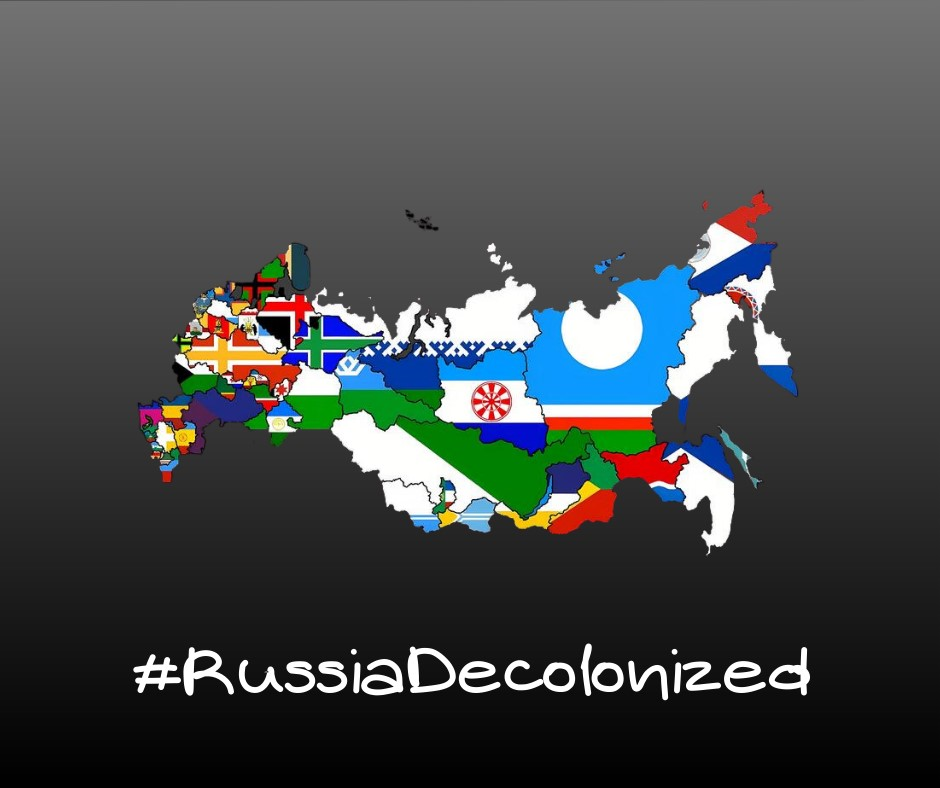In today's global landscape, the concept of colonization remains a pressing issue that demands comprehensive understanding. To fully grasp its significance, it is essential to analyze the current status of Russia and explore the benefits of decolonization for both the international community and Russian citizens. This article sheds light on Russia's position as a contemporary empire and emphasizes the imperative nature of decolonization.
Russia: a modern empire:
Russia's imperial nature and colonial characteristics have often been overlooked or misunderstood. One reason for this is its unique expansion through the land, unlike other empires that primarily expanded through maritime routes. Additionally, Russia's assimilation and unification strategies, along with its resettlement policies, have contributed to the lack of recognition as an empire. The multiple reestablishments of the Moscow state in 1922 and 1991 have given the false impression that the empire was indeed a thing of the past when, in fact, it simply took on different forms.
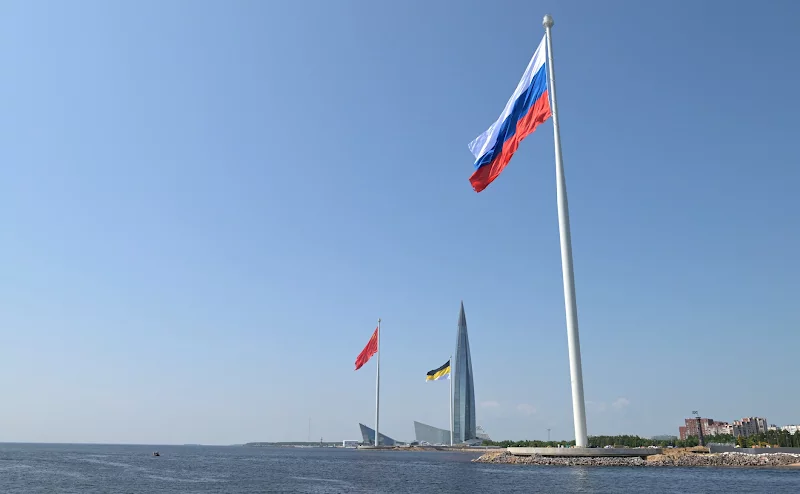
Russian colonization
Colonialism can be defined as the establishment of control over a people or territory. Between 1492 and 1914, empires conquered 84% of the globe, establishing colonies and spreading their influence across every inhabited continent.
Russia's imperial ambitions date back to the 16th century when the Grand Principality of Moscow, or Muscovy, proclaimed itself the third Rome, the successor of the Byzantine Empire, and the protector of all Orthodox Christians. This marked the beginning of Russian colonization, its expansion to the East, and Russia's colonial identity.
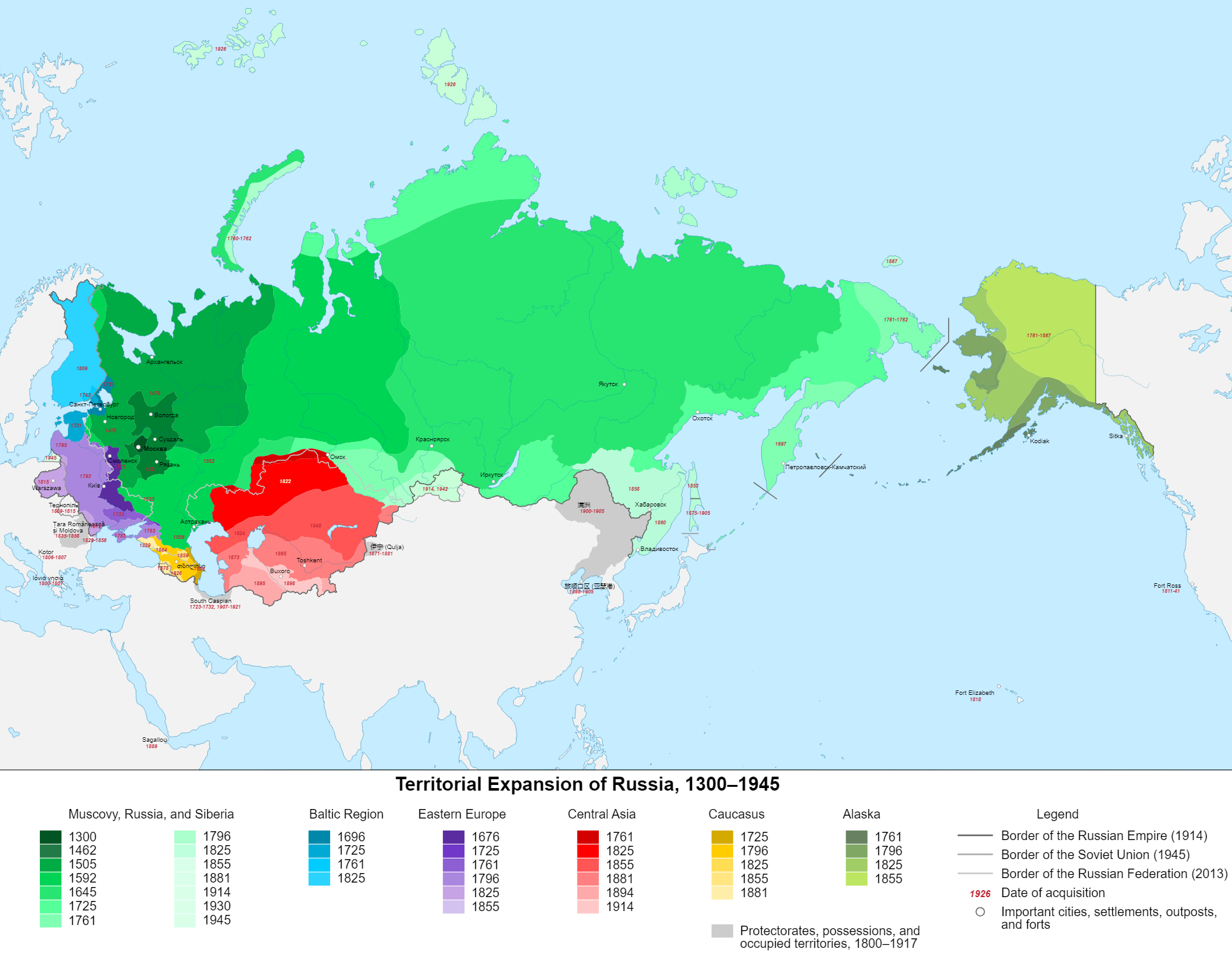
Russian colonization on a map: the territorial expansion of Russia between 1300 and 1945, from Wikipedia.
The illusion of federation: Russia exploits the periphery
Instead of viewing the economy as a catalyst for progress and improving Russian citizens' quality of life, Russian authorities have treated it as a reservoir of wealth to be exploited by a select few. The Kremlin has utilized these resources to fuel military escapades, resulting in an alarming disparity between Moscow and several other regions within Russia. Life in impoverished areas of the country can be compared to that of the world's most undeveloped states, while Moscow's standards of living rival those of central or eastern European countries.
While Russia technically operates as a federation, the reality is that it functions as a highly centralized state. This deceptive façade further aligns with the characteristics of a colonial empire, where power and wealth are concentrated in the hands of the privileged few at the center while the periphery suffers from neglect and economic disparities.
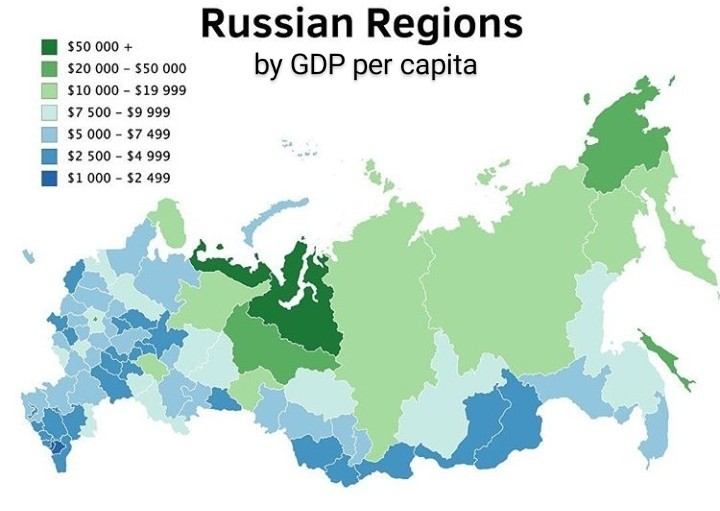
Understanding Russian decolonization
Decolonization movements advocate for the restoration of sovereignty, preservation of culture, and equitable redistribution of resources. These movements are often intertwined with independence movements worldwide and have occurred during significant events such as the breakup of empires and major wars.
Russia also lost territories after World War I and at the end of the Soviet Union. However, it has managed to retain its empirical anatomy. The decisive moment came in the 1990s when, instead of developing democratic institutions and a civic state, Russia took a path that led it back to becoming a resurgent empire.
Now, let's examine the three main concepts of decolonization and align them with the realities in Russia:
1. Restoration of sovereignty
In the case of Russia, the notion of sovereignty has eroded due to excessive centralization. Throughout the 1990s, numerous republics declared their sovereignty, with some even seeking independence. A famous example is Chechnya, which was de facto an independent state during that time. However, the Kremlin invaded it twice, exerting significant effort to prevent the establishment of an independent state.
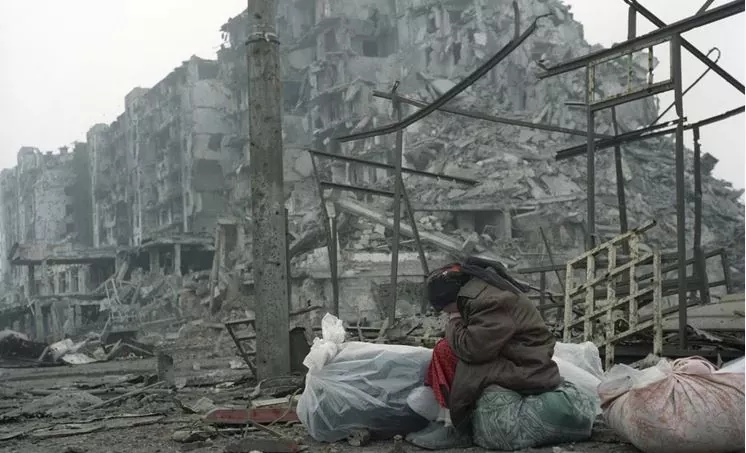
In general, freedom or even autonomy movements have been largely overshadowed by Moscow's overpowering influence and control, effectively stifling the aspirations of these regions.
2. Preserving cultural diversity
Culture is a fundamental aspect of any nation, yet the policies of assimilation often associated with empires have endangered the rich tapestry of languages and traditions within the Russian Federation. Education in Russian is prioritized in many republics and regions, leading to the decline and disappearance of numerous native languages. According to UNESCO, 19 languages that were spoken within the territory of the Russian Federation half a century ago have vanished, while 117 more are either "unsafe," "definitely endangered," "severely endangered," or "critically endangered."
For example, the Mari language is definitely endangered. Mari activists have been persecuted and repressed, and discriminatory policies towards the Mari population have suppressed all national media since the beginning of the 2000s.
The Mari El Republic is not an exception; similar situations are also seen in other republics.
3. Equitable redistribution of resources:
A pertinent example of the need for equitable redistribution of resources can be seen in the Siberian Sakha Republic. This region contributes significant revenue to the Moscow budget, primarily through its extensive deposits of diamonds, gold, coal, and other valuable minerals. However, little of this wealth reaches the local Sakha communities, perpetuating economic disparities and hindering their development. Decolonization would involve a fairer distribution of resources, ensuring that regions benefit from the wealth they generate.
The benefits of decolonization:
Decolonization promises prosperity for numerous nations and enhanced security for Europe. Currently, Russia occupies the territories of three independent countries—Ukraine, Georgia, and Moldova (stand 18.06.2023).
By pursuing decolonization, weakening Moscow's hold and reducing its excessive military investments driven by natural resource exploitation would contribute to a more secure European continent.
On the other hand, understanding Russia and its decolonization requires a methodological and continuous approach. Each republic has unique challenges and problems, advantages and strengths. Some federal subjects are more likely to get independent, and some are less likely. The project russiadecolonized.com tries to apply a stepwise analytical approach focusing separately on different republics. It provides concise summaries of their history, geography, economy, and freedom movements.
Decolonization in Russia is significant for indigenous nations and peoples residing within its borders and the broader context of European security. By addressing issues of sovereignty, cultural preservation, and equitable resource distribution, decolonization offers an opportunity for positive transformation. It is crucial to acknowledge the hardships faced by marginalized communities and embrace decolonization as a means to foster prosperity, safeguard cultural diversity, and promote security on the international level.

Volodymyr Tretyak is a journalist and researcher who has been involved in various projects, including WarTranslated and RussiaDecolonized. Since 2022, he has primarily focused on topics related to the Russo-Ukrainian war, offering his insights to help the wider Western audience understand the conflict.
Related:
- Ukraine security chief Danilov insists Russia must be “decolonized” after Ukraine’s victory
- National minorities of Russia call to decolonize, denuclearize “imperial, terrorist” Russian state
- National minorities of Russian Federation discuss its deimperialization in Prague
- Ukraine adopts law that condemns Russian Imperial policy and decolonizes toponyms
- The myth of “historically Russian Crimea”: colonialism, deconstructed
- League of Free Nations: Indigenous activists from Russia to fight for independence from Moscow
- Ukraine helped build the Russian empire. Now it stands in the way of its resurrection – Serhii Plokhii
- New US-Ukrainian network to promote awareness of Russian colonialism’s crimes past and present

